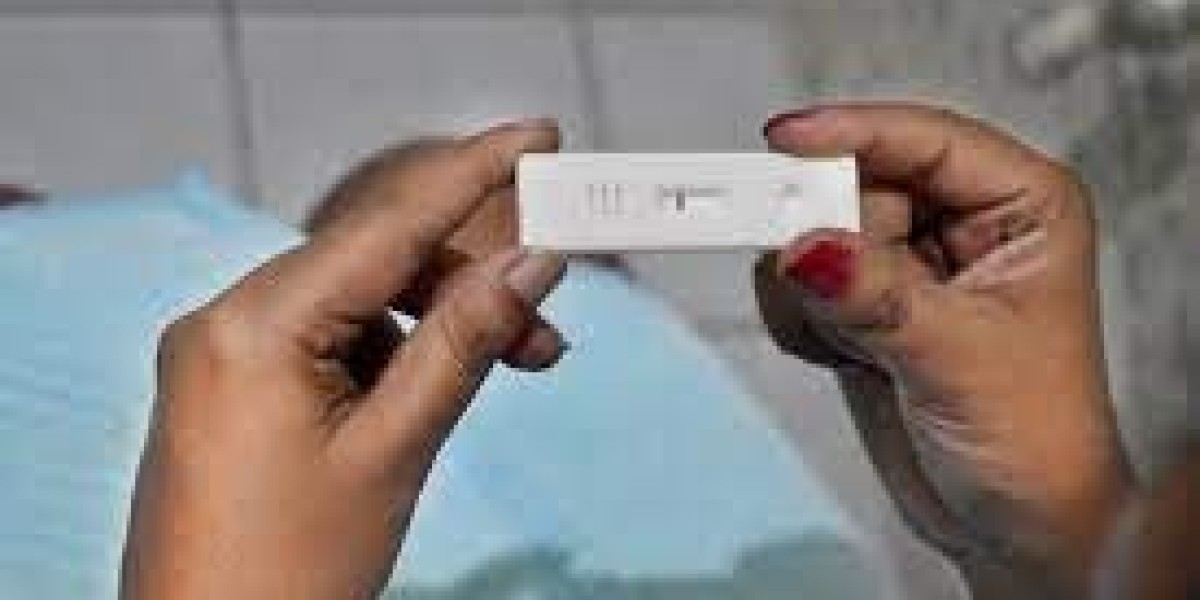Pregnancy test kits serve as vital tools for individuals seeking to confirm or rule out pregnancy in the comfort of their own homes. These kits are designed to detect the presence of human chorionic gonadotropin (hCG), a hormone produced by the placenta after fertilization. Understanding how these kits work and their different types can empower individuals to make informed decisions regarding their reproductive health.
Types of Pregnancy Test Kits:
Strip Tests: These are the most common and affordable type of pregnancy test kit. Users immerse the strip in urine or place drops of urine onto the indicated area. The appearance of lines or symbols indicates the result.
Midstream Tests: These tests involve holding a stick with an absorbent tip directly in the urine stream. They are convenient and typically provide results within a few minutes.
Digital Tests: Digital pregnancy tests display results digitally, such as "pregnant" or "not pregnant," eliminating the need for interpretation of lines. They are easy to read and ideal for those who prefer clear results.
How Pregnancy Test Kits Work:
Pregnancy test kits detect hCG in urine, typically within 10 days of conception. Upon fertilization, the fertilized egg implants itself into the uterine lining, triggering the production of hCG. The hormone levels rise rapidly in early pregnancy, doubling approximately every 48 to 72 hours.
When a pregnancy test kit is used, the hCG in the urine binds to antibodies on the test strip or within the testing device. This binding produces a reaction that generates a visible line, color change, or digital signal, indicating whether hCG is present and thus confirming pregnancy.
Accuracy and Factors Affecting Results:
While pregnancy test kits are highly accurate when used correctly, several factors can affect their reliability:
Timing: Testing too early after conception can yield false-negative results due to low hCG levels. It is advisable to wait until after a missed period for the most accurate results.
Expired or Faulty Kits: Using expired or defective test kits can lead to inaccurate results. It is essential to check the expiration date and ensure the kit is intact before use.
Medications and Medical Conditions: Certain medications and medical conditions, such as fertility treatments or ovarian cysts, can interfere with hCG levels and affect test results.
Improper Testing: Failure to follow the test instructions correctly, such as using diluted urine or reading the results outside the specified timeframe, can also impact accuracy.
Conclusion:
Pregnancy test kits provide a convenient and private means of confirming pregnancy. Understanding the different types of kits available, how they work, and factors that can influence results is crucial for obtaining accurate information about one's reproductive health. Consulting a healthcare provider for confirmation and guidance is recommended, especially in cases of uncertainty or unexpected results.


